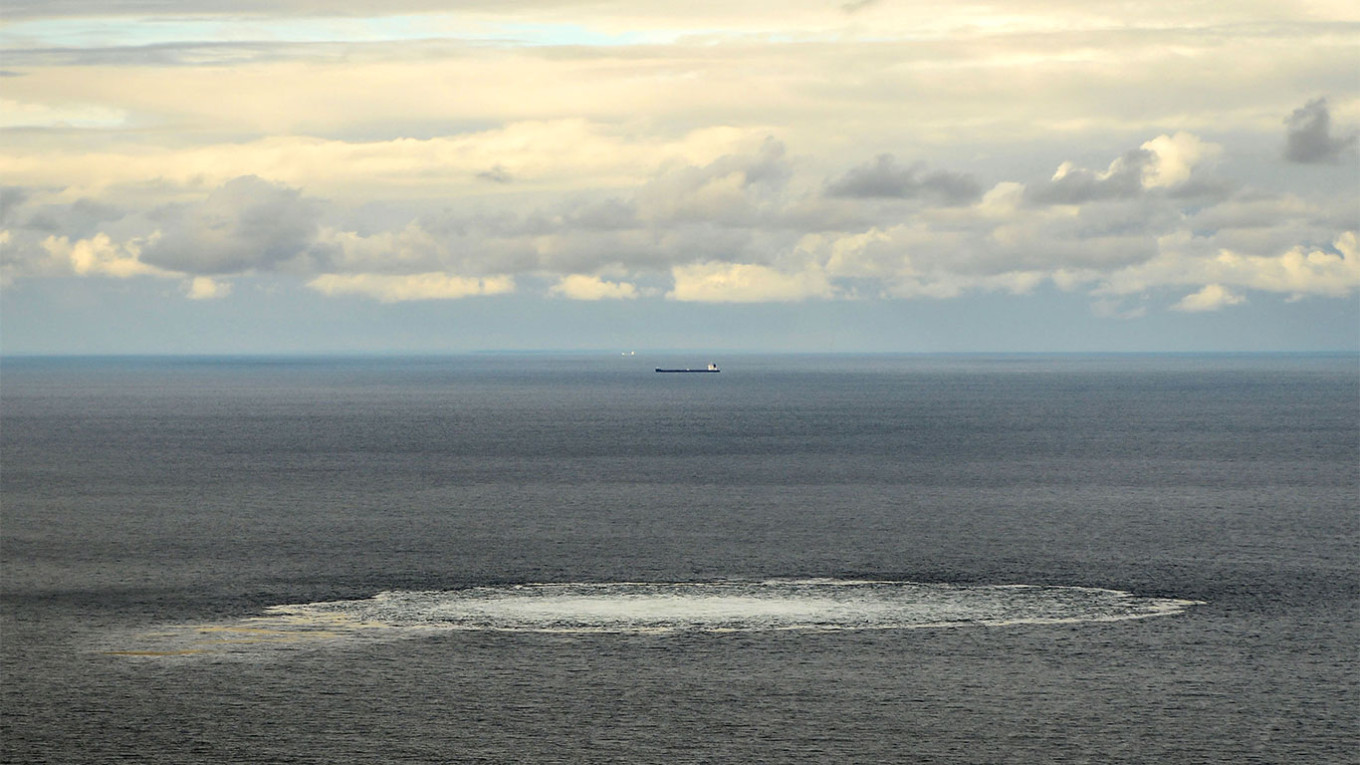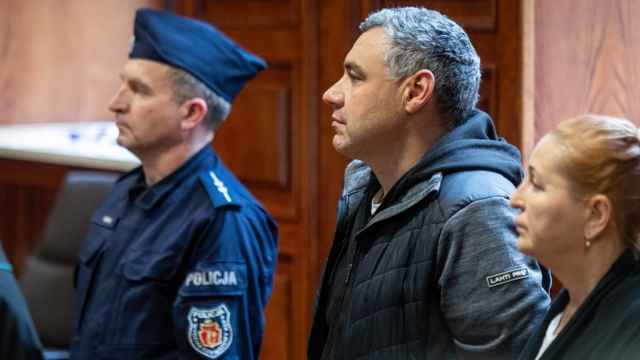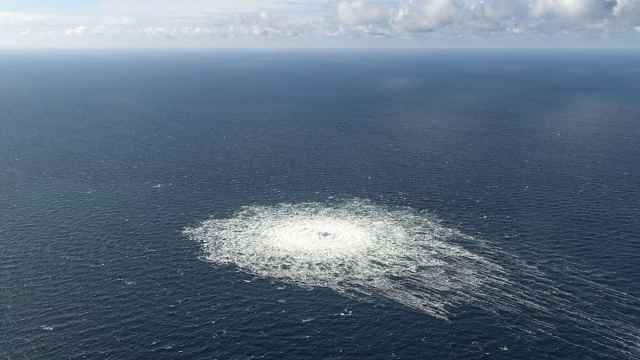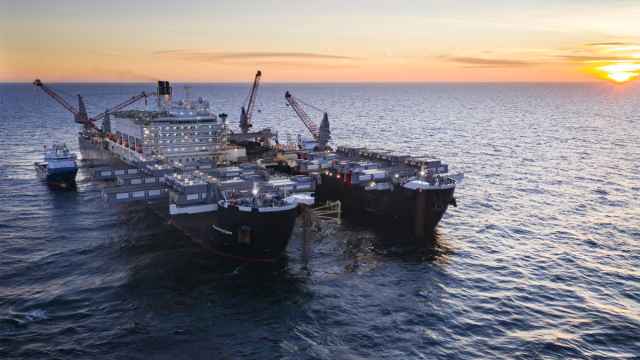Swedish prosecutors said Wednesday that they will drop their investigation into the 2022 sabotage of the Nord Stream 1 and 2 gas pipelines, citing a lack of jurisdiction.
Prosecutor Mats Ljungqvist said he would "hand over material that can be used as evidence in the [ongoing] German investigation" into the pipelines' destruction.
The Swedish Prosecution Authority said in a statement that the primary purpose of its investigation had been to establish whether Swedish citizens were involved and whether Swedish territory had been used to carry out the destruction of the pipelines.
"Nothing has emerged to indicate that Sweden or Swedish citizens were involved in the attack which took place in international waters," the authority said.
The Swedish intelligence agency Sapo also said in a statement that the sabotage was not targeted at Sweden and did not pose a threat to national security.
Prosecutor Ljungqvist said a large number of ship movements had been analyzed and that an extensive crime scene investigation had been carried out.
"Against the background of the situation we now have, we can state that Swedish jurisdiction does not apply," he said.
The North Stream 1 and 2 pipelines, which transported Russian gas to Germany under the Baltic Sea, were destroyed off the coast of Denmark in September 2022, with seismic institutes recording two underwater explosions.
Methane leaks that resulted from the blasts were recorded in international waters, as well as those of the Danish exclusive economic zone and Sweden.
Moscow and Kyiv’s Western allies have traded blame over the incident, which hobbled Russia's ability to sell gas to Western Europe.
U.S. media outlets have since reported that Western officials had seen intelligence indicating that a pro-Ukrainian group was responsible for the sabotage.
Anonymous Ukrainian and European officials told The Washington Post and Germany’s Der Spiegel in November that a senior Ukrainian military officer with intelligence ties coordinated the attack. The officer, Colonel Roman Chervinsky, denied having any role.
Ukraine has also denied a role in the Nord Stream attack.
Germany and Denmark are still conducting investigations into the incident.
The Kremlin on Wednesday accused the countries of refusing to share their findings with Russia.
"We’ll keep an eye on how and where the investigation will continue and make our decisions accordingly," Kremlin spokesman Dmitry Peskov told reporters.
AFP contributed reporting.
A Message from The Moscow Times:
Dear readers,
We are facing unprecedented challenges. Russia's Prosecutor General's Office has designated The Moscow Times as an "undesirable" organization, criminalizing our work and putting our staff at risk of prosecution. This follows our earlier unjust labeling as a "foreign agent."
These actions are direct attempts to silence independent journalism in Russia. The authorities claim our work "discredits the decisions of the Russian leadership." We see things differently: we strive to provide accurate, unbiased reporting on Russia.
We, the journalists of The Moscow Times, refuse to be silenced. But to continue our work, we need your help.
Your support, no matter how small, makes a world of difference. If you can, please support us monthly starting from just $2. It's quick to set up, and every contribution makes a significant impact.
By supporting The Moscow Times, you're defending open, independent journalism in the face of repression. Thank you for standing with us.
Remind me later.






